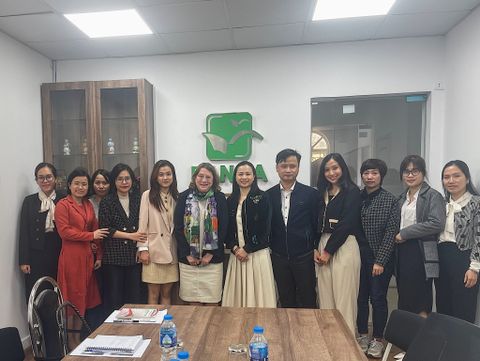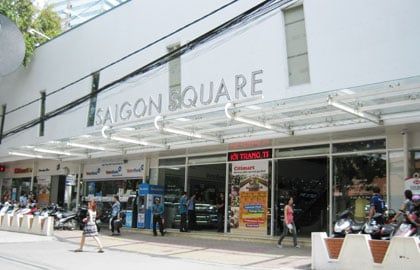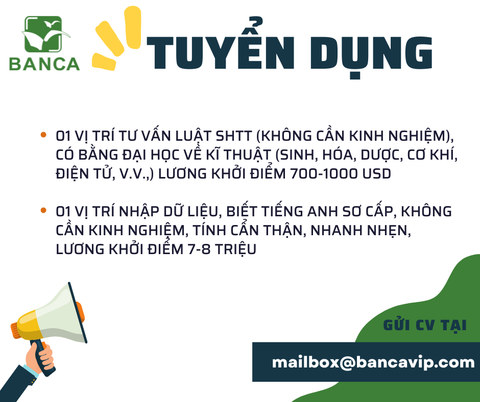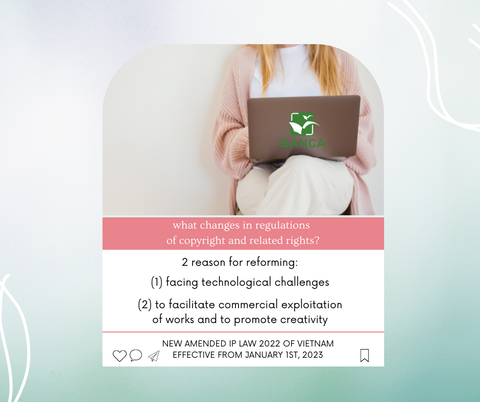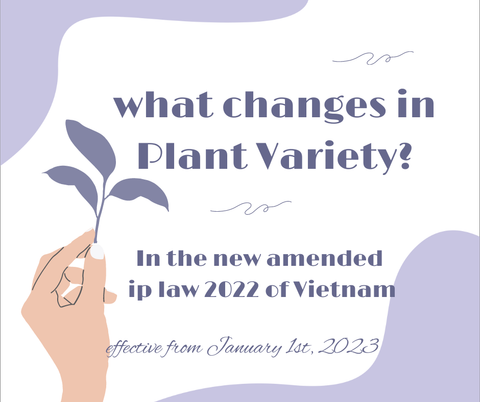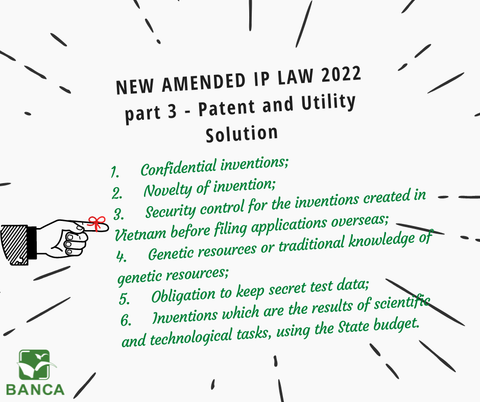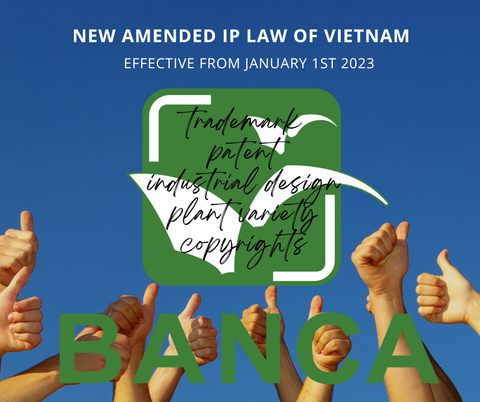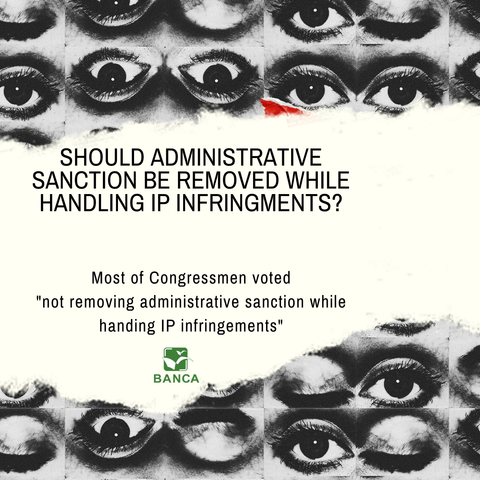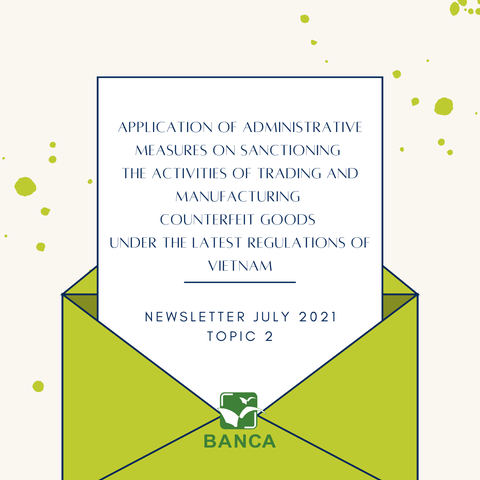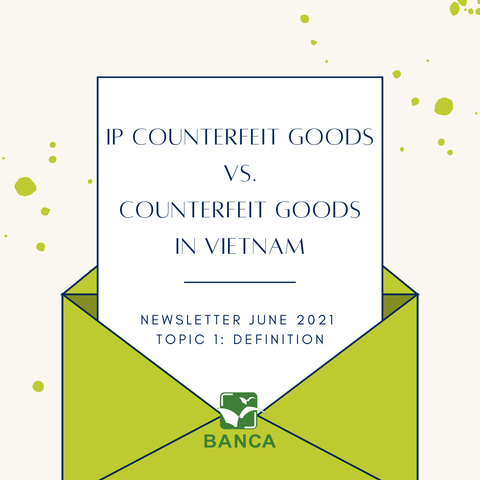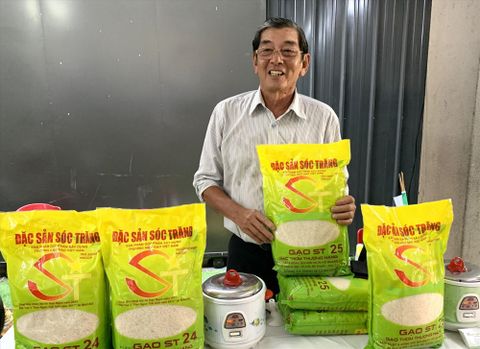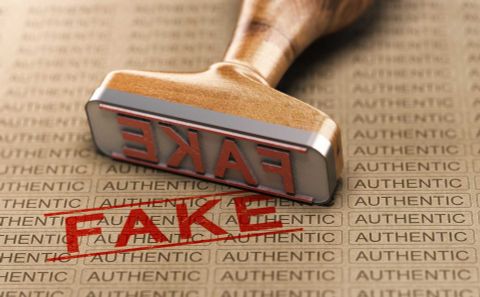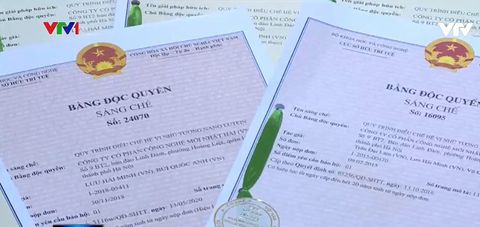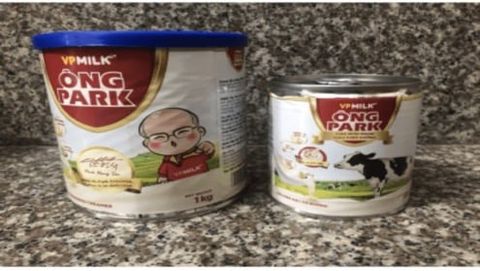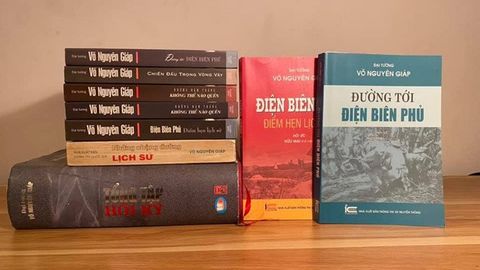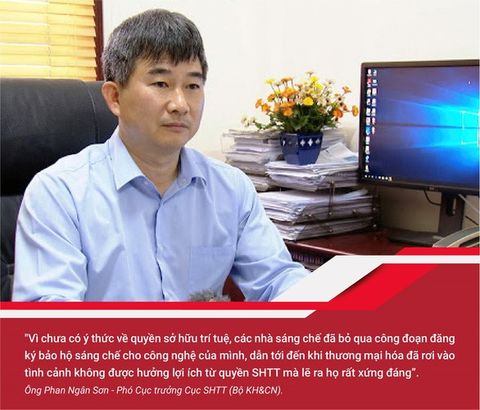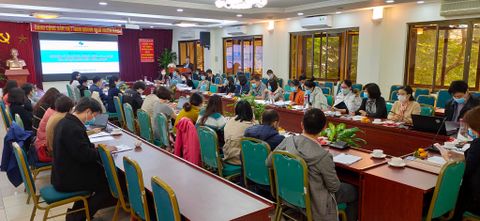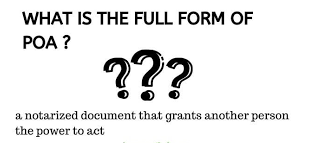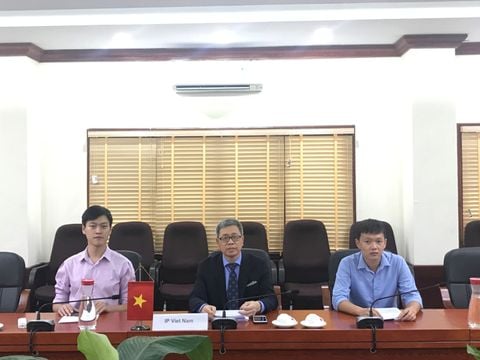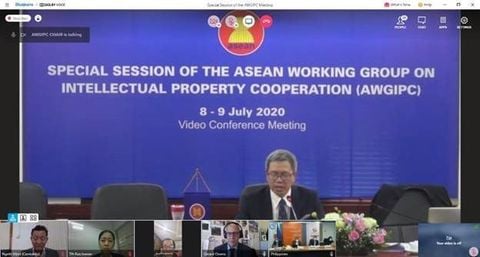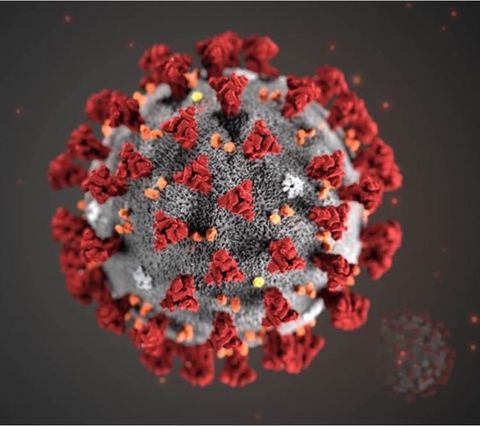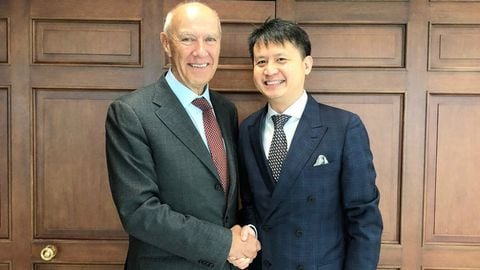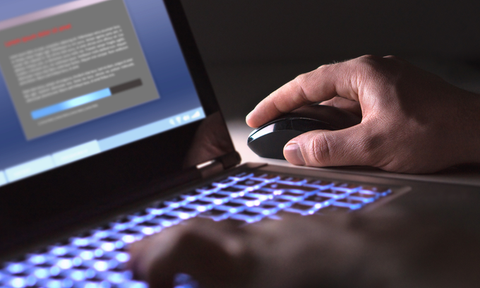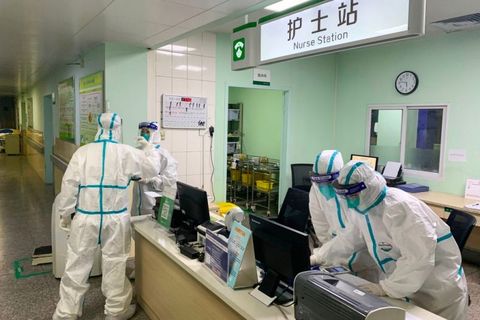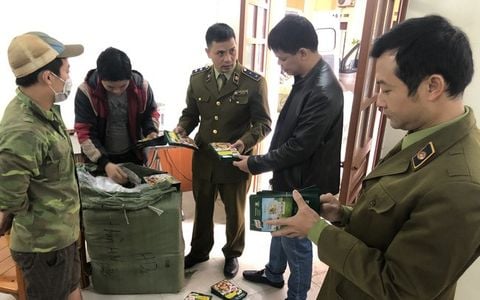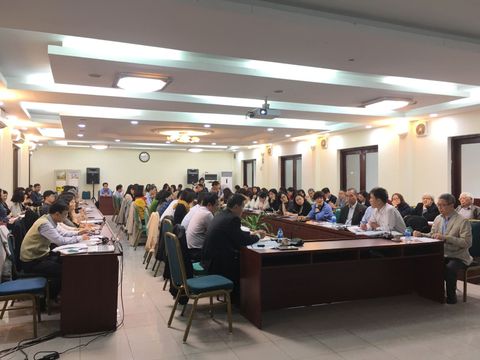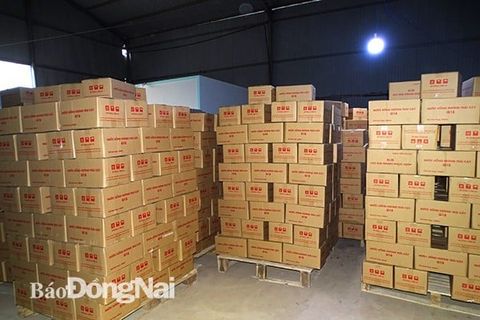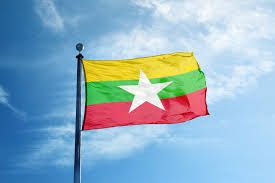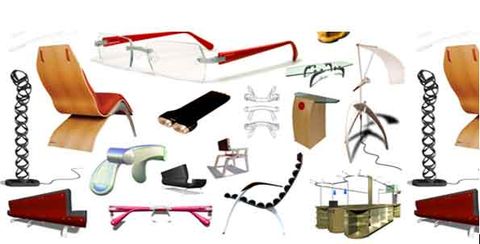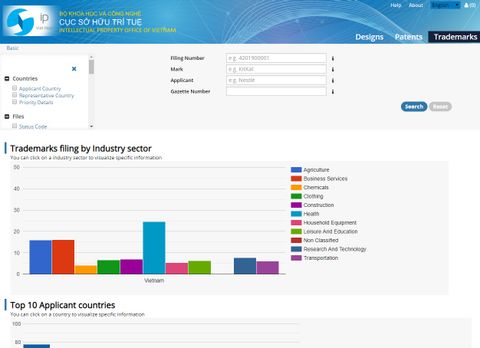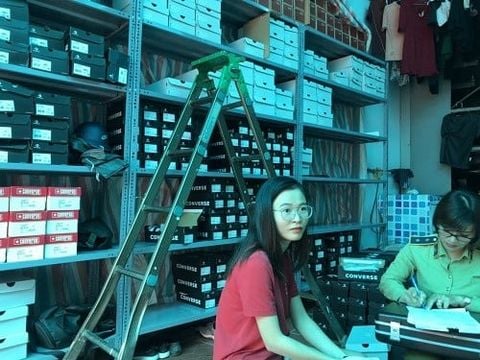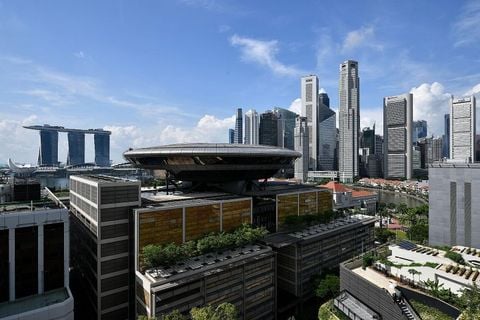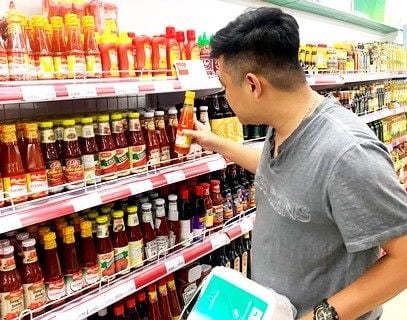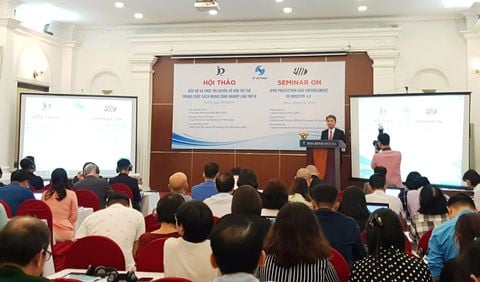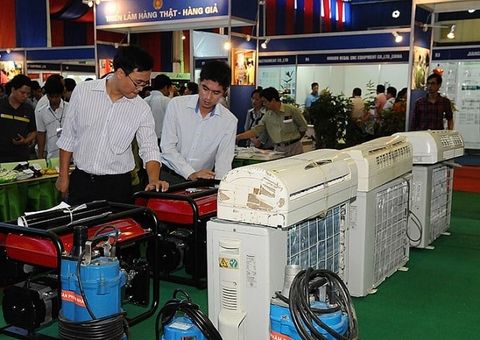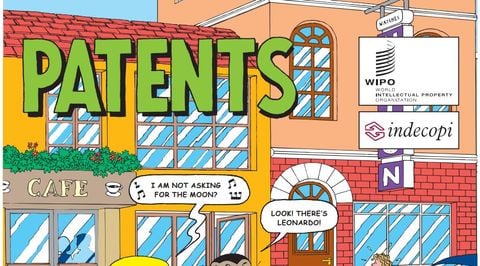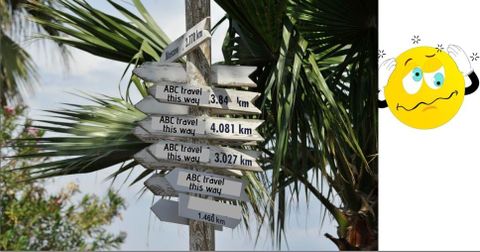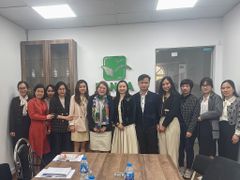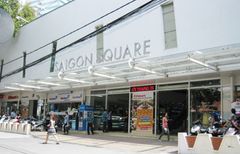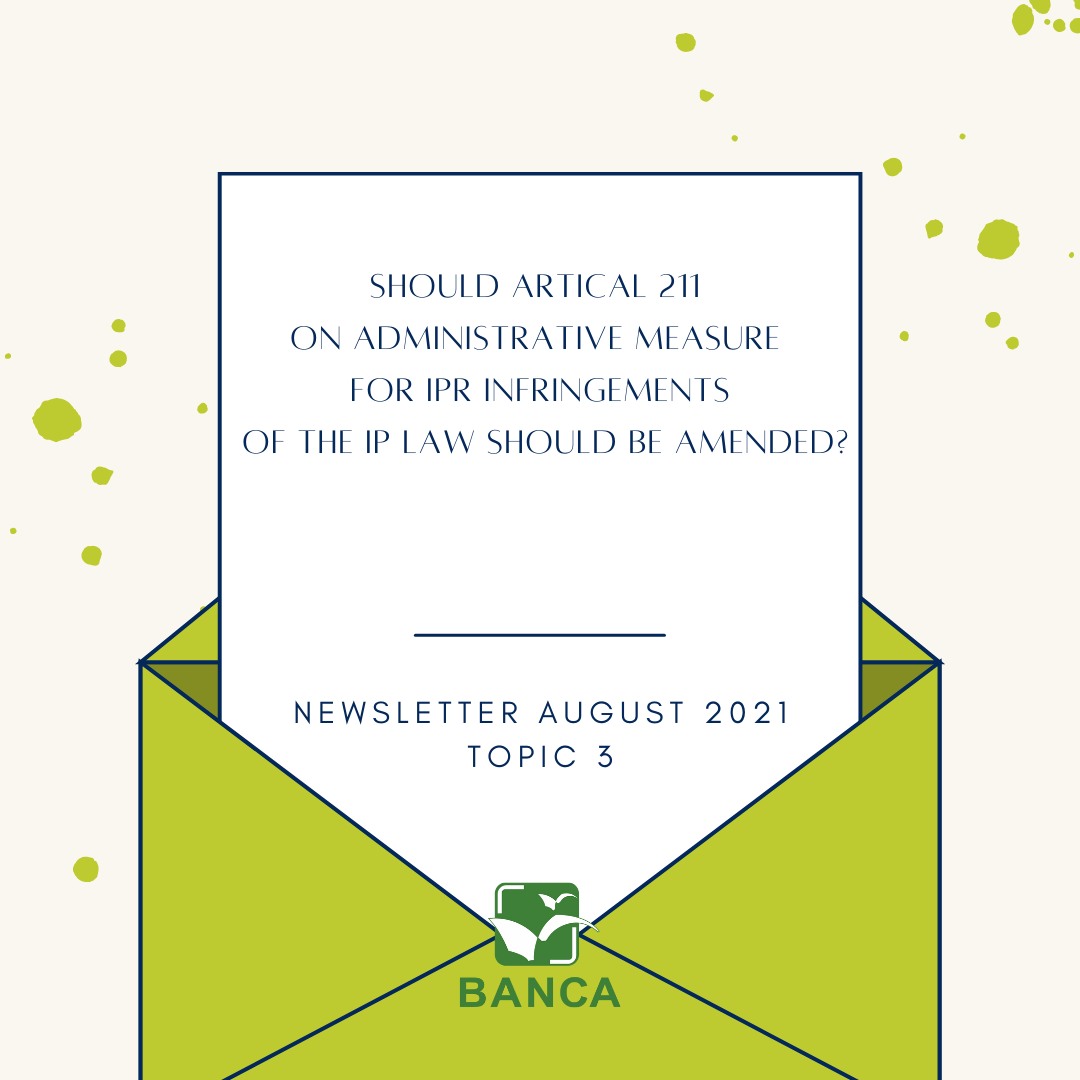
Date: 26-08-2021 by: Banca IP Law Firm
Topic 3: Should Article 211 of the Law on Intellectual Property need to be amended/supplemented?
In August 2021, as a member of VIPA (Vietnam Intellectual Property Association), we received an invitation to comment on the amendment of Article 211.1 of the IP Law. In the coming time, the Vietnamese government will finalize the draft for amending and supplementing a number of articles of the Intellectual Property Law for submission to the National Assembly for approval. The content specified in Article 211.1 of the IP Law which is a prominent issue in handling IP rights infringement in Vietnam. This is a very specific issue, maybe only Vietnam has, causing many surprises for foreign investors.

Article 211.1 of the current IP Law currently states as follows:
"1 The following acts of intellectual property rights infringement will be applied administrative sanction:
a) Committing acts of intellectual property rights infringement, causing damage to consumers or to society;
b) Failing to terminate an act of IPR infringement despite being notified in writing by the intellectual property right holder of a request to terminate such act;
c) Producing, importing, transporting or trading intellectual property counterfeit goods as prescribed in Article 213 of this Law or assigning others to perform this act;
d) Producing, importing, transporting or trading objects bearing a trademark or geographical indication that is identical or confusingly similar to a protected mark or geographical indication, or assigns another person to perform this act."
There are 2 options offered for lawyers to choose from:
Option 1: Amending Article 211.1.a) as “intellectual property rights infringement with respect to copyrights, related rights, trademarks, geographical indications, plant varieties causing damage to authors, owners, consumers or to society”
Option 2: keep current regulations unchanged.
Why does this issue need to be raised?
First, the nature of IP rights is private property rights (owned by individuals/natural persons or legal entities). Accordingly, disputes and infringements of IP rights are mostly private disputes (between individuals and organizations), except for acts of infringing upon copyright, related rights, trademarks, geographical indications, product industrial designs may affect public interests and order. Therefore, intellectual property rights disputes, as through private property rights disputes, should be resolved by civil means (through the Court/judicial system), which is more legal in nature than handled by administrative measures with the aim of protecting public order and the common interests of society.
Second, choosing the main method of handling disputes on IP is the judicial measure (Court) and/or choosing the option to narrow the scope of application of administrative measures in the enforcement of IP rights will create a legal basis and opportunities to invest, upgrade the Court system in terms of facilities as well as improve the professional qualifications on IP for the Court, for judges while adjudicating IP rights disputes. At the same time, choosing civil method as the main IPR enforcement measure is also an opportunity to improve the capability and efficiency of the judicial expertise appraisal on IP as well as the system of enforcement agencies. This is considered as a solution in line with the practice of IPR enforcement in other countries around the world, especially in line with and compatible with the enforcement systems of countries under the CPTPP and EVFTA Agreements whereas Vietnam is a member. If the scope of handling IP infringements by administrative measure is not narrowed, the Court will have little opportunity to handle IP rights disputes (the current situation is only about 5-6% cases are handling by civil measure), it is inevitable and logical that the judges would lack of professional experience on handling IPR infringement. In addition, since the number of cases resolved by civil means, through the Court, is too low, which is also the main reason why it is not possible to establish a specialized court on IP in Vietnam.
Third, when resolving IP rights disputes by civil means (through the Court), the two parties have an equal positions. At the same time, enhancing the position and role of Lawyers and IP Representative in IP rights enforcement cases. When the majority of IP rights enforcement cases are handled by administrative measures as at present, the opinions (or decisions) of the State agencies are subjective and obligatory, and the role of Lawyers and IP Representatives is not fully developed.
Fourth, handling IP rights infringement by administrative measures is not a thorough and ineffective and has low deterrent effect. Administrative decisions issued by administrative enforcement bodies on handling IPR infringement still can be brought to administrative courts and the Court's judgment is then considered as final judgement. The administrative penalty is usually low leading the infringer continue the act of infringement. At the same time, administrative measures do not have a mechanism to compensate for damage to the right holder and reimburse other costs and damages to the requesting party (or the infringed right holder).

What is the opinion of the majority of IP lawyers - members of VIPA?
It is in favor of Option 2: keeping the current regulations but removing the phrase "damaging to authors, owners, consumers or society". And here are the main reasons:
First, the administrative measure should be maintained as an option for the right holder. Article 199 of the Law on Intellectual Property stipulates that acts of infringing upon IP rights can be handled by administrative, civil and criminal measures. As such, rights holders have many options to protect their rights. However, in practice, civil and criminal measures are applied much less because there are many barriers and shortcomings. Therefore, if an administrative measure is removed or restricted, it will invisibly limit the rights of the right holder and eliminate the current considered as most effective in handling of IPR infringement in Vietnam. Moreover, maintaining administrative measure in handling IPR infringement is not contrary to international agreements that Vietnam has joined such as TRIPS, EVFTA, CPTPP, etc., which also allow states to choose the appropriate measures to execute the rights, but must ensure that there is adequate provision in their national legal systems.
Second, in terms of effectiveness, administrative measures is the leading method. In terms of period for settlement, administrative measures take only 1-2 months with low cost, while civil measures take 2-6 years with add-up costs, and criminal measures take 6-12 months incurring high cost also. The qualifications of the administrative officers have been improved while the judges at the Court have lack of experience. When filing a request for infringement handling, the documents filed at administrative agencies are simpler than those filed at the Court. At the same time, the urgency when applying administrative measures is faster, avoiding the dispersion of infringing goods. Meanwhile, the provisional emergency measure has never been applied by the Court.
Third, it is not feasible to apply civil measures to IP rights infringement cases in the near future. In 2020, there were about 1700 cases of IP infringement detected and handled, while the Court only handled less than 10 cases. If every year the Court suddenly receives hundreds of IP rights infringement cases, it will inevitably lead to shortage of manpower, making wrong decisions, and even longer processing time, thereby greatly affecting the economy in general and foreign investment in particular.
Fourth, the elimination of “damage to authors, owners, consumers or to society” is necessary because there are many types of damages: mental, physical, economic, financial, property, etc.. Providing proof of damage during the process of handling IPR infringement will cause more trouble for IPR holder to execute their rights because determination of damages is difficult, qualitative, and costly.

The VIPA Executive Board summarized the opinions of the lawyers and sent a document to the Government with the following contents:
Requesting to amend Article 211 is as follows:
Article 211. Acts of intellectual property rights infringement shall be administratively sanctioned
1. The following acts of intellectual property rights infringement are administratively sanctioned:
a) Committing acts of intellectual property rights infringement, causing damage to consumers or to society;
b) Failing to terminate an act of intellectual property rights infringement despite being notified in writing by the intellectual property right holder of a request to terminate such act;
c) Producing, importing, exporting (added to comply with the EVFTA), transporting and trading intellectual property counterfeit goods as prescribed in Article 213 of this Law or assigning others to perform the act;
d) Producing, importing, exporting (adding to comply with EVFTA), transporting and trading objects bearing trademarks or geographical indications identical or confusingly similar to protected trademarks or geographical indications or assigning others to perform the act.
Or if it is required to correct under Option 1, then:
Article 211. Acts of intellectual property rights infringement shall be administratively sanctioned
1. The following acts of intellectual property rights infringement are administratively sanctioned:
a) intellectual property rights infringement toward copyrights, related rights, trademarks, geographical indications, plant varieties, industrial designs, domain names (adding two subjects) causing damage to the author , owner, consumer or to society”
b) Failing to terminate an act of infringing upon intellectual property rights despite being notified in writing by the intellectual property right holder of a request to terminate such act;
c) Producing, importing, exporting (added to comply with the EVFTA), transporting and trading intellectual property counterfeit goods as prescribed in Article 213 of this Law or assigning others to perform the act;
d) Producing, importing, exporting (adding to comply with EVFTA), transporting and trading objects bearing trademarks or geographical indications identical or confusingly similar to protected trademarks or geographical indications or assigning others to perform the act.
We will update the amended document after the National Assembly approves it.
